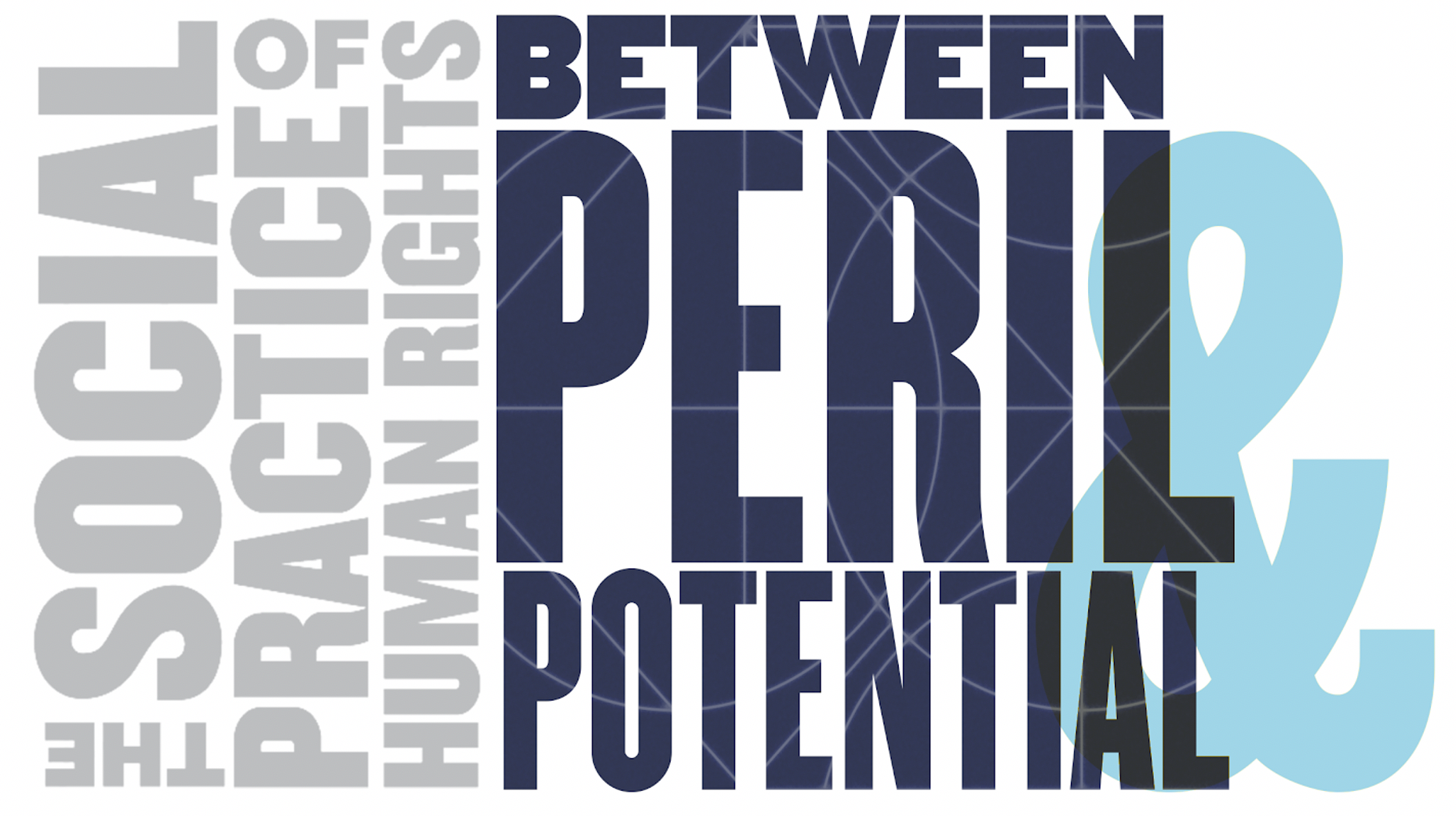Location
Presented remotely
Start Date
12-2-2021 4:15 PM
End Date
12-2-2021 5:45 PM
Keywords
migration, mental health, LGBT, healthcare, undocuqueer
Abstract
Trauma is increasingly experienced by people in transit as border militarization increases migrants’ exposure to violence and forces them into more precarious situations. For queer migrants, this includes situations where they are more likely to experience persecution and sexual violence. This presentation explores the availability of care for queer undocumented migrants in the United States after surviving a precarious and potentially deadly journey from their country of origin to the US, as well as forms of alternative care developed by the undocuqueer community. In particular, I focus on access to care for LGBT migrants, who face stigmatization on multiple levels and as a result are more likely than their straight counterparts to experience extreme mental health consequences pre-, in-, and post-transit. Faced with a number of obstacles that prevent them from receiving appropriate mental health care, the undocuqueer community utilizes various strategies to ensure that the health and needs of the community are supported. I argue that in spite of facing traumatic experiences and being unable to fully access healthcare to alleviate these problems in the US, LGBT migrants demonstrate extreme resilience and resist the mechanisms that otherwise threaten their mental well-being.
Author/Speaker Biographical Statement(s)
Cailan Cordwell is an MA student at Arizona State University, pursing her Masters in Social Justice and Human Rights with a focus on migration. She holds a BS in Psychology and a BA in Anthropology from Arizona State University and recently defended her thesis, "Mental Health in the Undocuqueer Community," at Barrett, the Honors College. Her research interests include migration at the US-Mexico border and the experiences of LGBT migrants.
Included in
Mental Health in the Undocuqueer Community
Presented remotely
Trauma is increasingly experienced by people in transit as border militarization increases migrants’ exposure to violence and forces them into more precarious situations. For queer migrants, this includes situations where they are more likely to experience persecution and sexual violence. This presentation explores the availability of care for queer undocumented migrants in the United States after surviving a precarious and potentially deadly journey from their country of origin to the US, as well as forms of alternative care developed by the undocuqueer community. In particular, I focus on access to care for LGBT migrants, who face stigmatization on multiple levels and as a result are more likely than their straight counterparts to experience extreme mental health consequences pre-, in-, and post-transit. Faced with a number of obstacles that prevent them from receiving appropriate mental health care, the undocuqueer community utilizes various strategies to ensure that the health and needs of the community are supported. I argue that in spite of facing traumatic experiences and being unable to fully access healthcare to alleviate these problems in the US, LGBT migrants demonstrate extreme resilience and resist the mechanisms that otherwise threaten their mental well-being.



